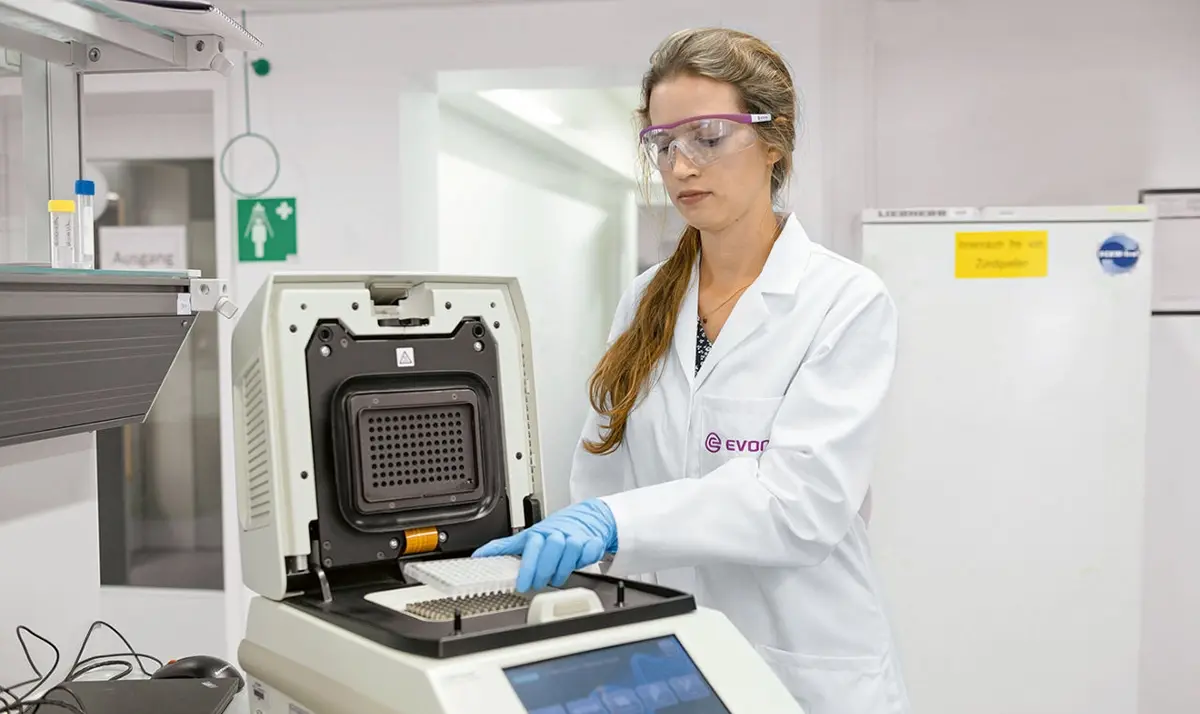Ingredients & Formulation
Evonik Creates Innovative Skin Microbiome Model for Enhanced Accuracy and Claims Support

Evonik has unveiled an innovative lab-based model to test how cosmetic ingredients and products influence the skin microbiome. The new system features eight to ten co-cultivated skin microbes to observe their interactions and interdependencies. The company is currently testing ingredients from its own product portfolio to provide evidence-based insights into their microbiome-friendly properties.
Evonik Creates Innovative Skin Microbiome Model for Enhanced Accuracy and Claims Support, which the company believes will address the challenges of accurately replicating the complex skin microbiome in existing testing methods. The skin microbiome encompasses all the bacteria, fungi, and viruses present on the skin, which can vary from person to person and even between different areas of the body. Influenced by both internal and external factors such as diet and sunlight, replicating this ecosystem in the lab has long been a challenge.
“Many modern cosmetics advertise that they are microbiome-friendly,” says Stefan Pelzer, head of microbiome research at Evonik. “However, the tests used at present do not fully replicate the complexity of the skin microbiome.” Traditionally, cosmetic ingredients are screened using individual bacterial strains, but this overlooks the complex interactions that occur between different microorganisms. Evonik’s new model addresses this gap by co-cultivating multiple skin microbes under lab conditions that allow all strains to interact and proliferate. Evonik Creates Innovative Skin Microbiome Model for Enhanced Accuracy and Claims Support, enabling more reliable testing of cosmetic products.
This model utilizes microplates to grow a consortium of bacteria, allowing for the simultaneous testing of up to 48 individual samples. According to Evonik, this approach is not only more cost-effective than previous methods but also quantifiable, bridging the gap between conventional in vitro tests and more expensive in vivo studies. “Our new model closes the gap between simple but less meaningful conventional in vitro tests and more time-consuming in vivo studies on test persons,” Pelzer notes.
To enhance the complexity further, the company is already exploring ways to combine bacterial co-cultures with tissue and cell culture models. This would enable the testing of how microorganisms interact not only with each other but also with skin cells. Evonik Creates Innovative Skin Microbiome Model for Enhanced Accuracy and Claims Support, which could lead to even more precise evaluations of skincare products.
In terms of product testing, the model evaluates changes in the biomass and diversity of the microbial cultures to assess the impact of different ingredients. The results are categorized into labels such as “microbiome-boosting,” “microbiome-friendly,” “microbiome-modulating,” or “microbiome-impairing.” Any significant shift in bacterial diversity is considered adverse, as the skin’s protective function relies on the natural balance of its microorganisms. The team at Evonik has also developed specialized models, such as one for acne-prone skin, and plans to collaborate with cosmetics industry customers to create additional models for other skin conditions.




















